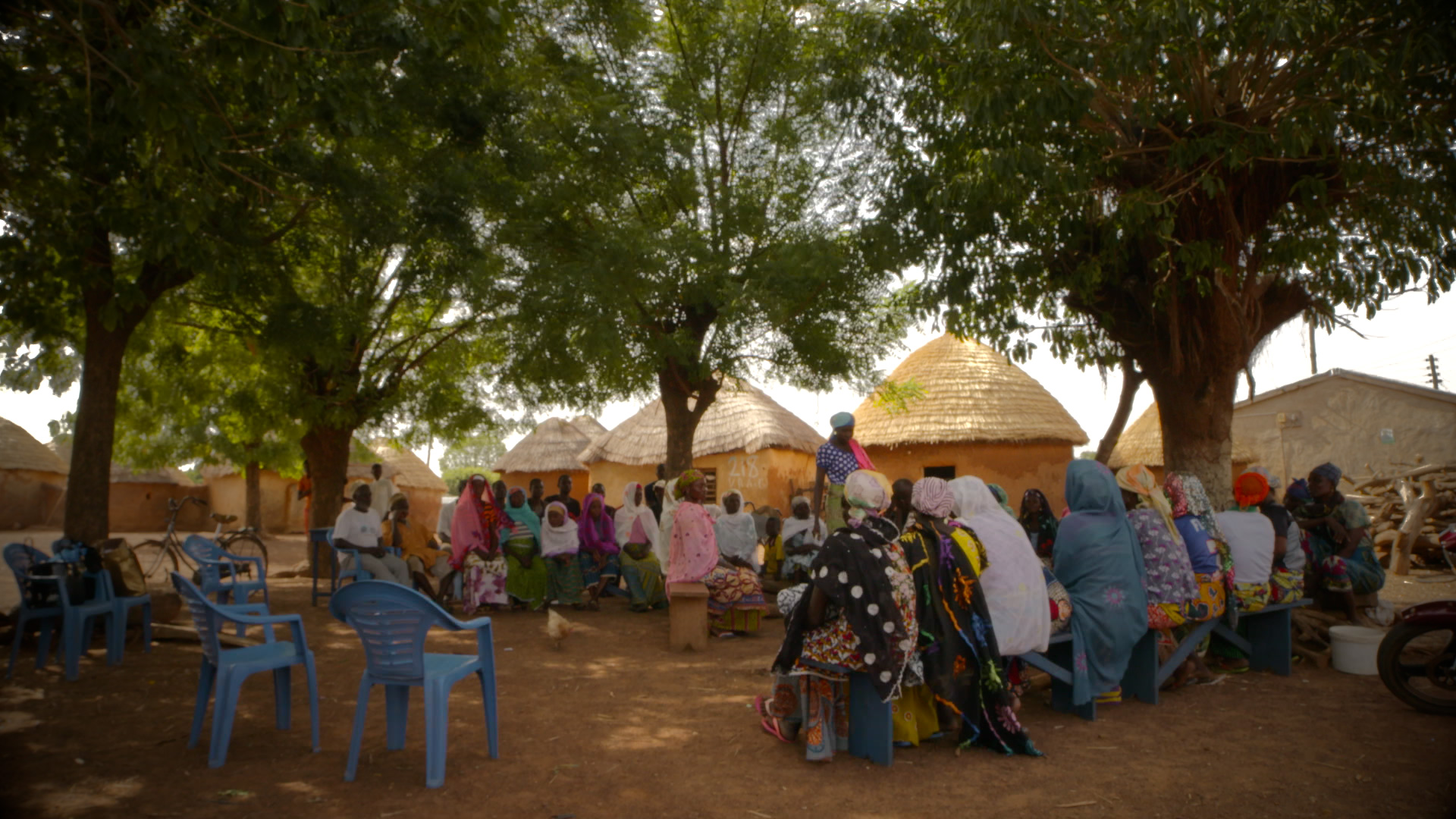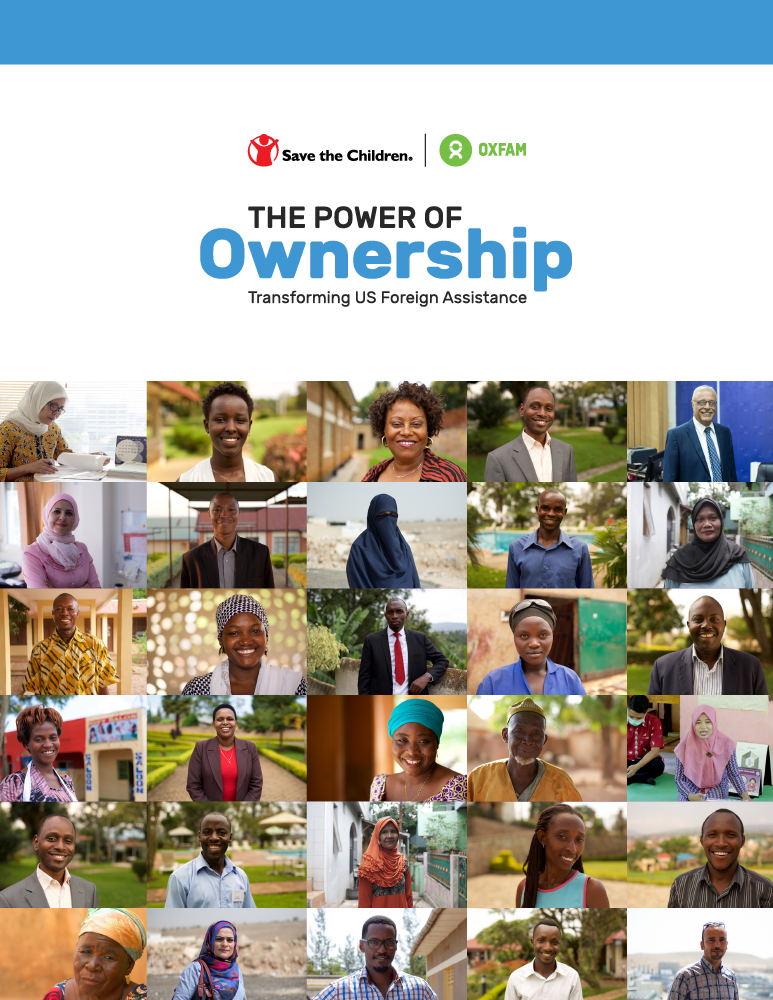About
In order to thoroughly consider US progress on ownership of foreign assistance, Oxfam and Save the Children collaborated with the Overseas Development Institute (ODI) to develop an analytical tool, the Local Engagement Assessment Framework (LEAF). We applied this framework to assess the quality of ownership in seven US assistance projects in four countries – Ghana, Indonesia, Jordan, and Rwanda.
We hope the LEAF and these case studies of ownership in practice will be used by officials in the new US administration, development practitioners, and other stakeholders to assess the ownership aspects of foreign assistance projects, to better understand the impact of US development policies, and to strengthen practices on the ground.
When governments and their citizens help set US development priorities and participate in implementing and financing them, US foreign assistance is more likely to lead to greater accountability and lasting change. Countries that lead their own development not only contribute to creating a more democratic and stable world, but they become better trading partners, more reliable allies, and safer bets for investment.
For more than a decade, successive US Presidents have advanced local ownership of US foreign assistance. The Bush administration established the Millennium Challenge Corporation (MCC), which requires that national governments play a central role in setting development priorities in consultation with civil society and ensures the management and implementation of activities happens in the partner country. The Obama administration, issued the first-ever Presidential Policy Directive on Global Development, declaring ownership a prerequisite for achieving development results. In keeping with this directive, the US Agency for International Development (USAID) increased its direct investment in partner governments, local organizations and the private sector and it has revised its programming guidance to better support country ownership.
While USAID and MCC, two of the biggest providers of US foreign assistance, have made significant progress, ownership approaches are not systematically applied, policies have been slow to translate into practice, and there is no widely accepted way to measure ownership across agencies. To spur the next administration to build on the existing legacy of success, Oxfam and Save the Children teamed up to assess how the Obama administration is implementing ownership in a select number of projects that demonstrate innovative approaches to foster local ownership.

